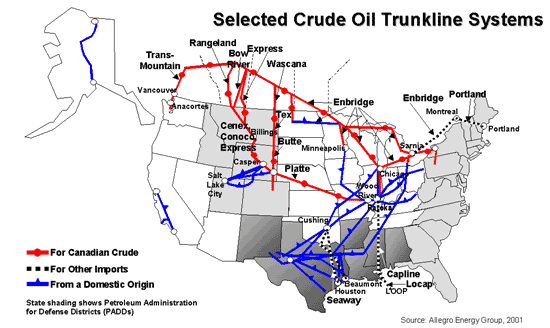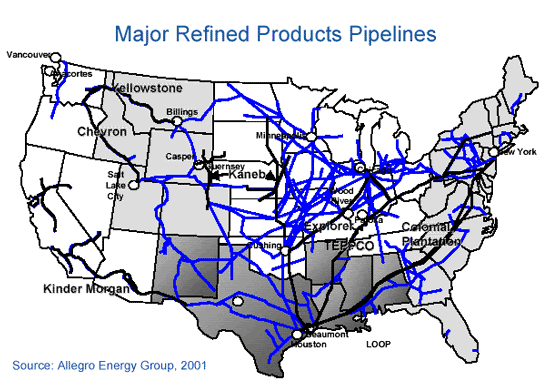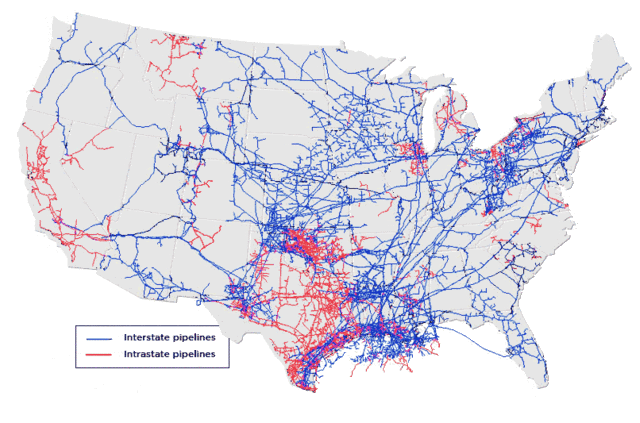The last time I came back from NJ on a ferry a friend of mine commented that there were stink lines in the air above the state. We all looked and sure enough they were there. A nasty looking cloud had us all wondering what kind of cancer we may have acquired during our stay.
Paulsboro Refinery pipe breaks; officials say no immediate danger
Published: Thursday, February 23, 2012, 9:24 PM Updated: Thursday, February 23, 2012, 9:29 PM
By Gina Bittner/Gloucester County Times Gloucester County Times
PAULSBORO  Because of a broken crude oil pipe inside the Paulsboro Refinery, officials are saying that the elderly and those with respiratory conditions should consider staying indoors until odors subside.
“Petroleum products have a low odor threshold, meaning they can be smelled readily even at very low levels that do not cause serious health risks,†said a press release from the New Jersey Department of Environmental Protection (NJDEP) read.
At about 1:30 p.m. Thursday, refinery personnel discovered a crude oil leak in the base of the storage tank. At that time, a strong, petroleum odor was reported in a number of surrounding towns as a result. NJDEP said initial air monitoring by the Gloucester County Health Department and by refinery personnel do not indicate any health hazards from the odors.
As of 4:30 p.m. Thursday, 157,000 barrels of oil  or about 6.6 million gallons  had leaked into the emergency containment area at the refinery, according to the NJDEP statement. The leaking tank holds 286,000 barrels of oil, or about 12 million gallons, and the emergency containment area  essentially a large berm surrounding the tank  is designed to hold 377,000 barrels.
NJDEP  who is monitoring the cleanup  said the spill is not expected to impact the Delaware River or local water supplies.
“Air monitoring also indicates there should be no health effects from odors caused by the spill,†the release states.
According to Paulsboro Refinery spokeswoman Lisa Lindsey, the break in the pipe is not a common incident.
“We are taking steps to minimize the odor, which could be influenced by changes in wind direction and weather tonight,†she said late Thursday. “We have been applying foam on top of the oil outside the tank, and equipment is being put in place to pump the oil into tanks. In addition, we have transferred almost all the oil remaining in the leaking tank to another tank.â€ÂÂÂÂÂÂÂ
The NJDEP’s Bureau of Emergency Response is coordinating response efforts along with the New Jersey Office of Emergency Management, the New Jersey State Police, the Gloucester County Office of Emergency Management, the Gloucester County Health Department, the U.S. Coast Guard and refinery personnel.
Residents with questions may contact a Community Information Line set up by the refinery at 856-224-6177.


